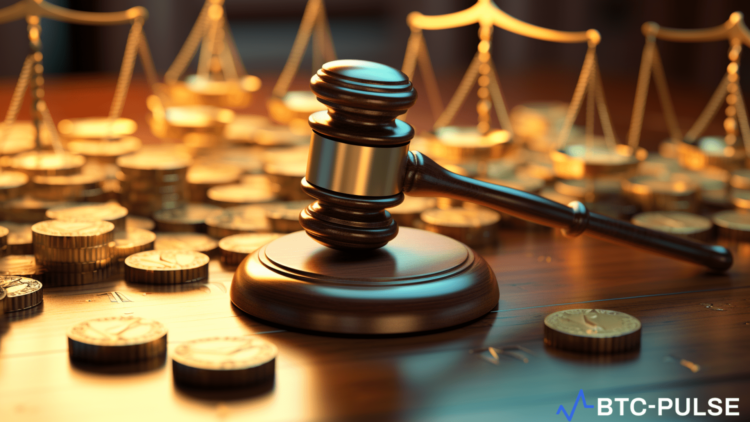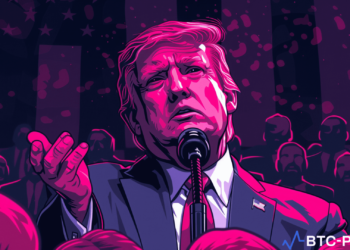Binance’s Legal Battle Intensifies with Renewed Lawsuit
A recent ruling by a federal appeals court has marked a significant turn in the ongoing legal struggles of cryptocurrency giant Binance, facing renewed allegations over the sale of unregistered tokens to US investors. This decision revives a previously dismissed lawsuit, highlighting the volatile interface between emerging digital currencies and established securities law.
Allegations of Selling Unregistered Securities
Investors have pointed fingers at Binance for its role in facilitating the sale of several digital tokens—namely aelf (ELF), EOS (EOS), FUNToken (FUN), Icon (ICX), OMG Network (OMG), Quantstamp (QSP), and Tron (TRX)—which they argue were sold as unregistered securities. According to claims, these tokens suffered drastic devaluations, leading to substantial financial losses for those who invested through Binance’s platform since 2017. The plaintiffs argue that Binance neglected to adequately disclose the significant risks associated with these tokens, leaving investors exposed to unforeseen losses.
Binance’s Defense and Regulatory Challenges
In response to the lawsuit, representatives for Binance have maintained that US securities laws do not hold sway over their operations, given the exchange’s physical location outside the United States. Nonetheless, the cryptocurrency exchange has not been a stranger to legal scrutiny within the US. Recently, Binance agreed to a $4.3 billion plea deal over charges of violating anti-money laundering regulations, marking a pivotal moment in its compliance journey with US law.
Implications for the Crypto Market
This renewed legal action against Binance underscores the ongoing regulatory challenges facing the cryptocurrency sector, particularly regarding the classification and sale of digital tokens. As regulatory frameworks continue to evolve, the outcome of this lawsuit could set significant precedents for how crypto exchanges operate within and in relation to US securities law.
Investors and industry observers alike are keenly watching the developments of this case, as it not only impacts Binance but also signals broader implications for the regulatory future of cryptocurrencies in the US and potentially worldwide.










